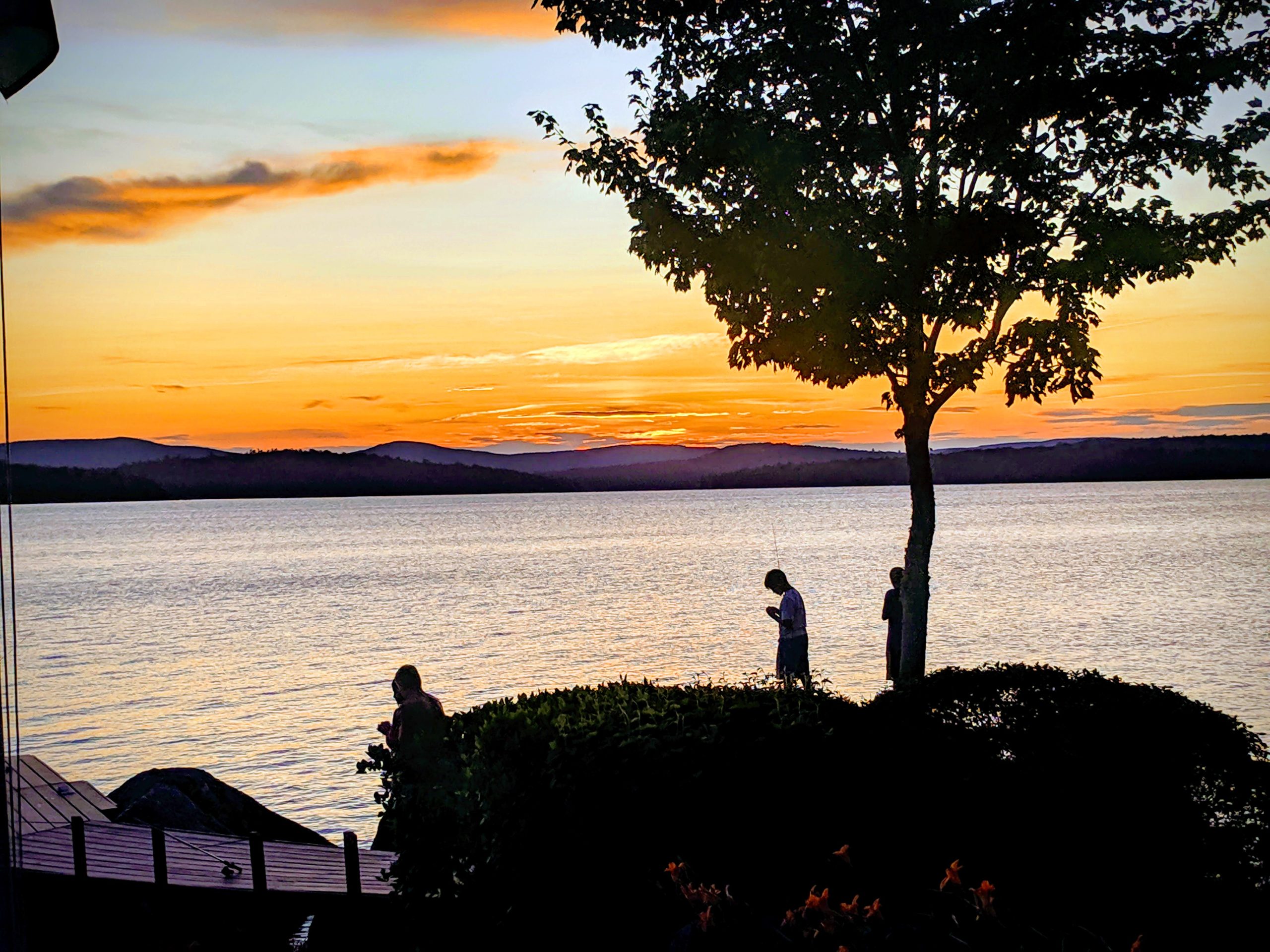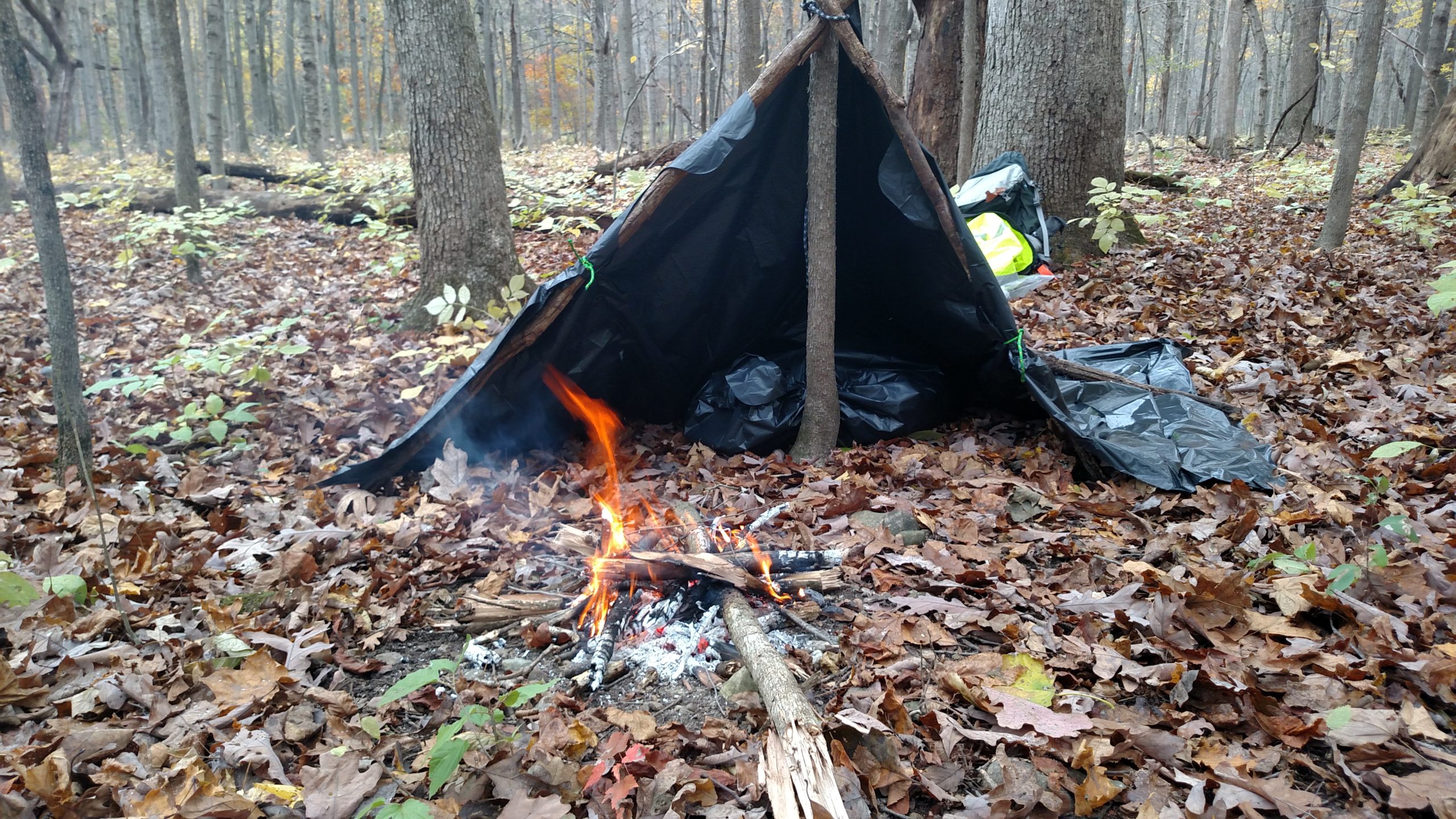
Survival: Rest
This is the fourth segment in a series covering the general things that we need to survive. We have covered the following already, if you missed them or need a review:
In this article, we’ll take a look at the idea of rest. The reason this comes as #4, ahead even of water and food, is because in a survival situation, we tend to panic and overexert ourselves. If you push yourself to the point of exhaustion, no stash of food, water, or anything else is going to save you.
The topic of rest dates all the way back to creation. God spent six days creating everything, and on the seventh day, He rested. He didn’t rest because He was tired, but because He was providing a model. We know this because Jesus said in Mark 2:27, “The sabbath was made for man, not man for the sabbath.” No work is so important that we need to work at it non-stop. And if we believe that God provides for our needs (see Matthew 6), then following His model of work and rest is a really good idea.
So how do we integrate the concept of rest into today’s chaotic schedules? If COVID has provided one thing to us, it’s an abundance of time that we never realized we could get back. A few things come to mind, though I’m sure every one of us could come up with some more.
Dump Social Media
This is probably a better tip for all-around living, but social media has become today’s addiction. We feed off the constant stream of information, and we look for likes and comments to validate our value on this planet. None of that is healthy. Now, there are probably some good uses for social media, but by and large it is a constant source of frustration, angst, worry, and anxiety. You don’t need any of that clogging up your mind and robbing you of peace and rest.
Disconnect Well Before Bedtime
Perhaps related to our social media addiction, the last thing we’re looking at when we go to bed is our phone, and the first thing we reach for in the morning is that same phone. Not only are the problems mentioned above causing issues with your ability to sleep, but even the light and the noise of our devices messes with our body’s chemistry. If you need something to quiet your mind before bed, try a book. Turn off the TV screens and the video games and the cell phones and the media streams.
Add Margin to Your Life
Most of us today are juggling insane amounts of work, blended with raising a family, chasing a career, fixing up a house, trying to build a hobby, and maybe even volunteering. The most common answer today to the question, “How are you?” is, “Busy!” We seem to equate busyness with success, whether we’re accomplishing anything or not.
Instead, we need to realize that growth happens in the margins. When you spend time daily, weekly, monthly stepping outside of your todo lists and just being still. I’ve heard the most difficult command in Scripture is, “Be still and know that I am God” (Psalm 46:10). Yet in those moments of rest, we can hear above the noise and chaos of the world. Schedule some time every day, every week, and every month, to just be still, to reflect, to ponder, to plan, and to rest.
Surround Yourself with Likeminded People
We are creatures who tend to look a lot like the people with whom we hang out. You can easily encourage others to take a break, to rest, and to work on the things mentioned above. Similarly, find people who can hold you to the same. A good fishing trip or a hike through the woods can provide a great opportunity to find some peace and quiet and to recharge before the next battle.
Now that you’ve finished reading this article, put the device down and go take a break!


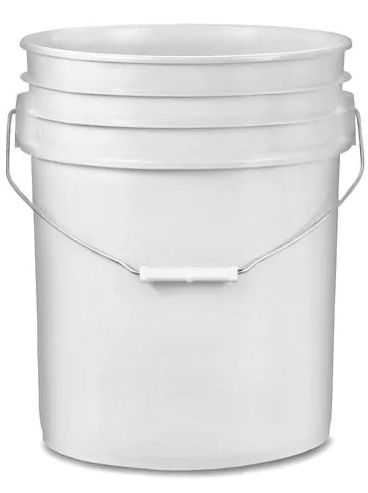
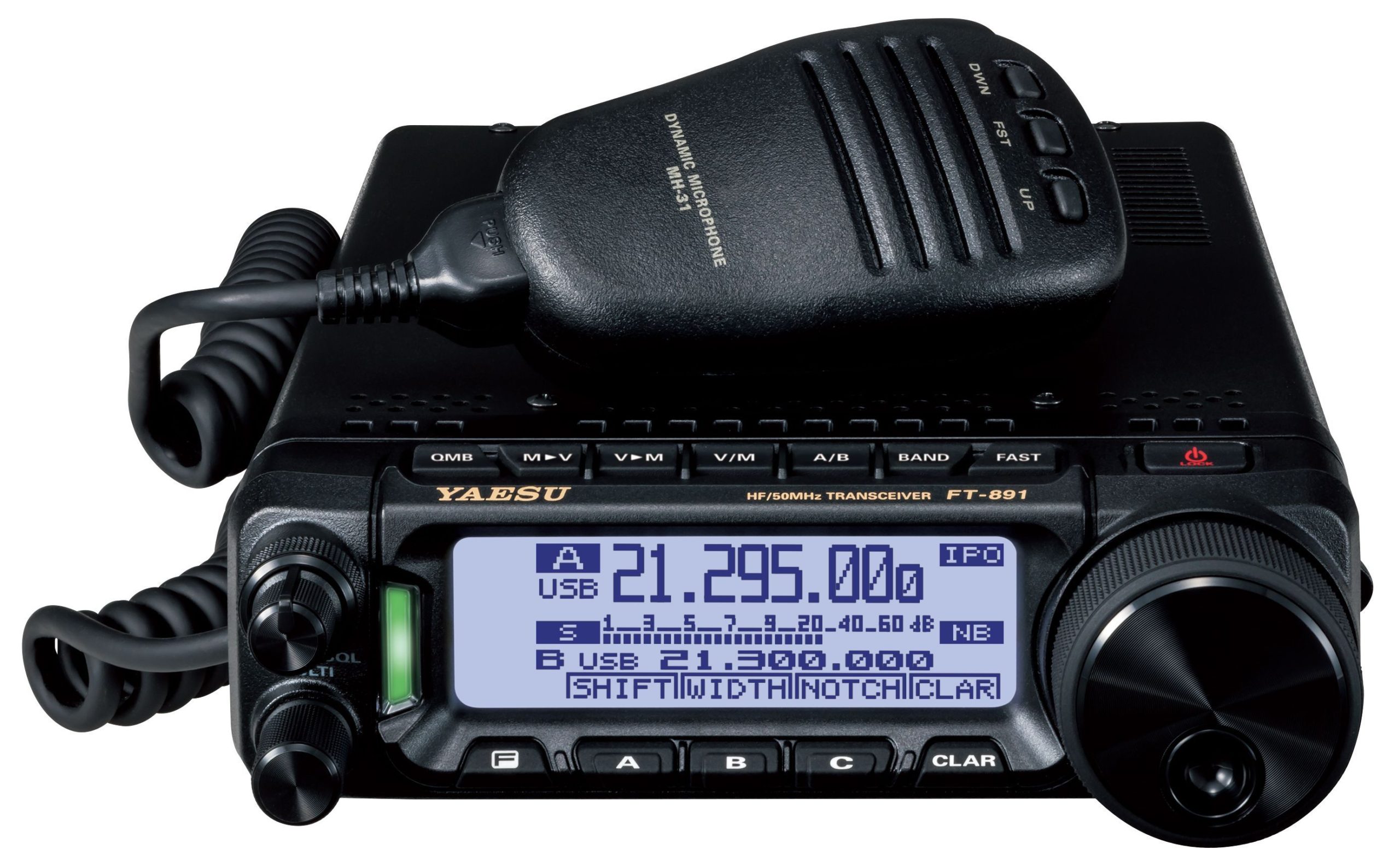
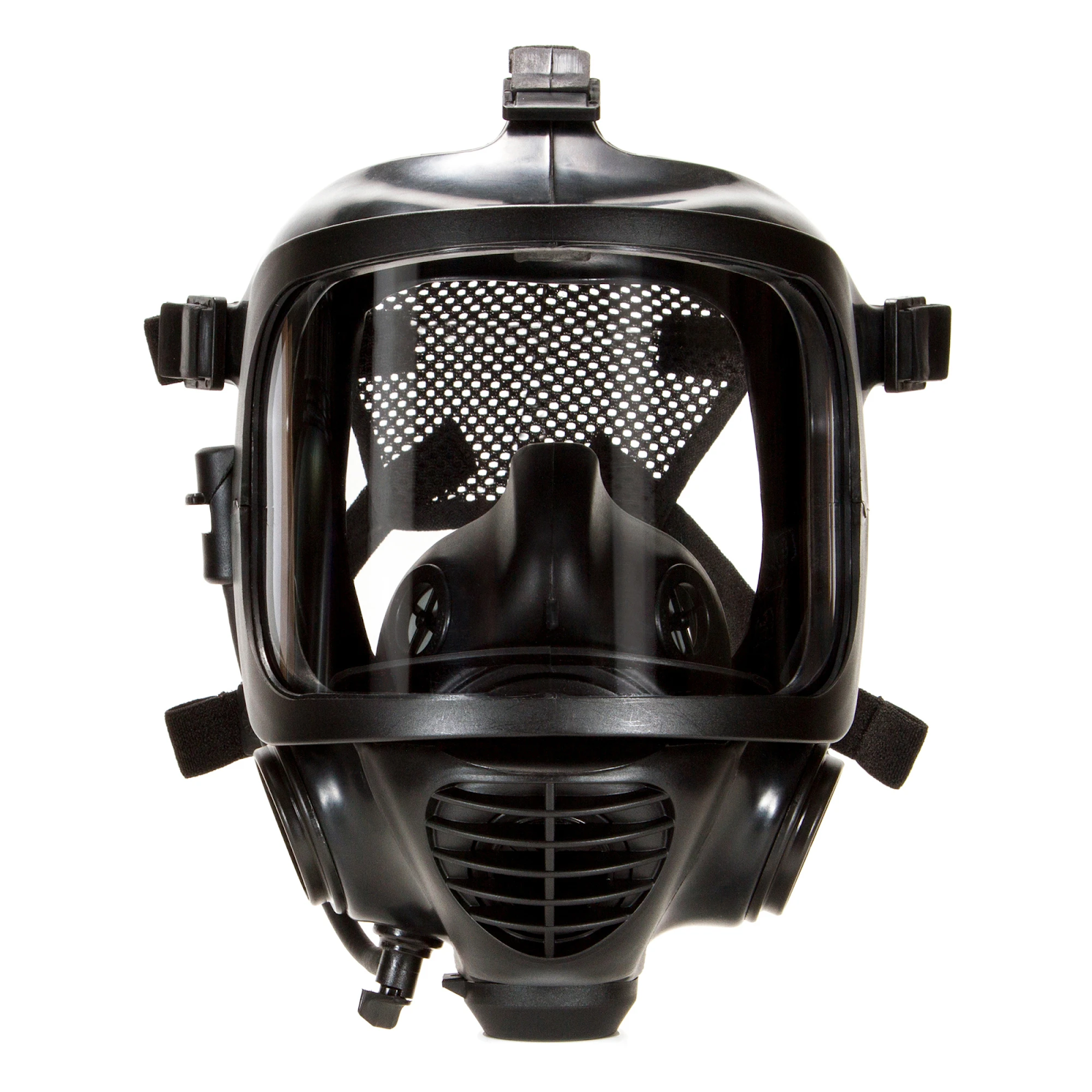
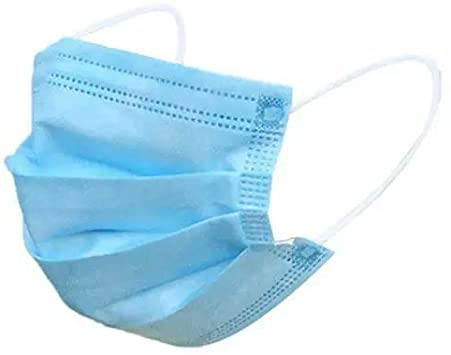
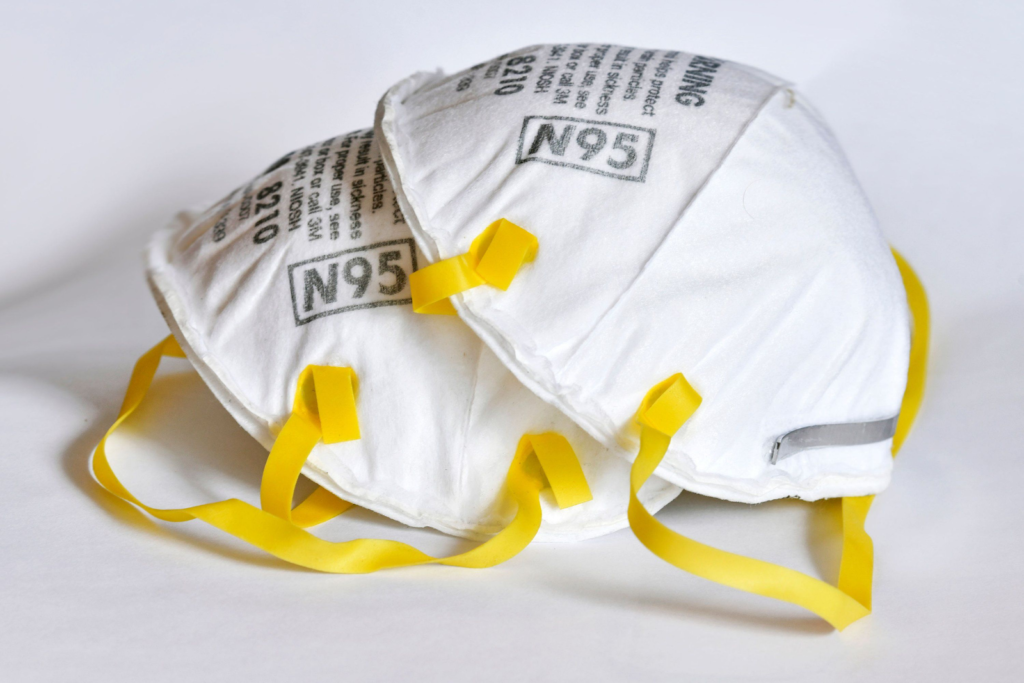 N95/P95 Masks
N95/P95 Masks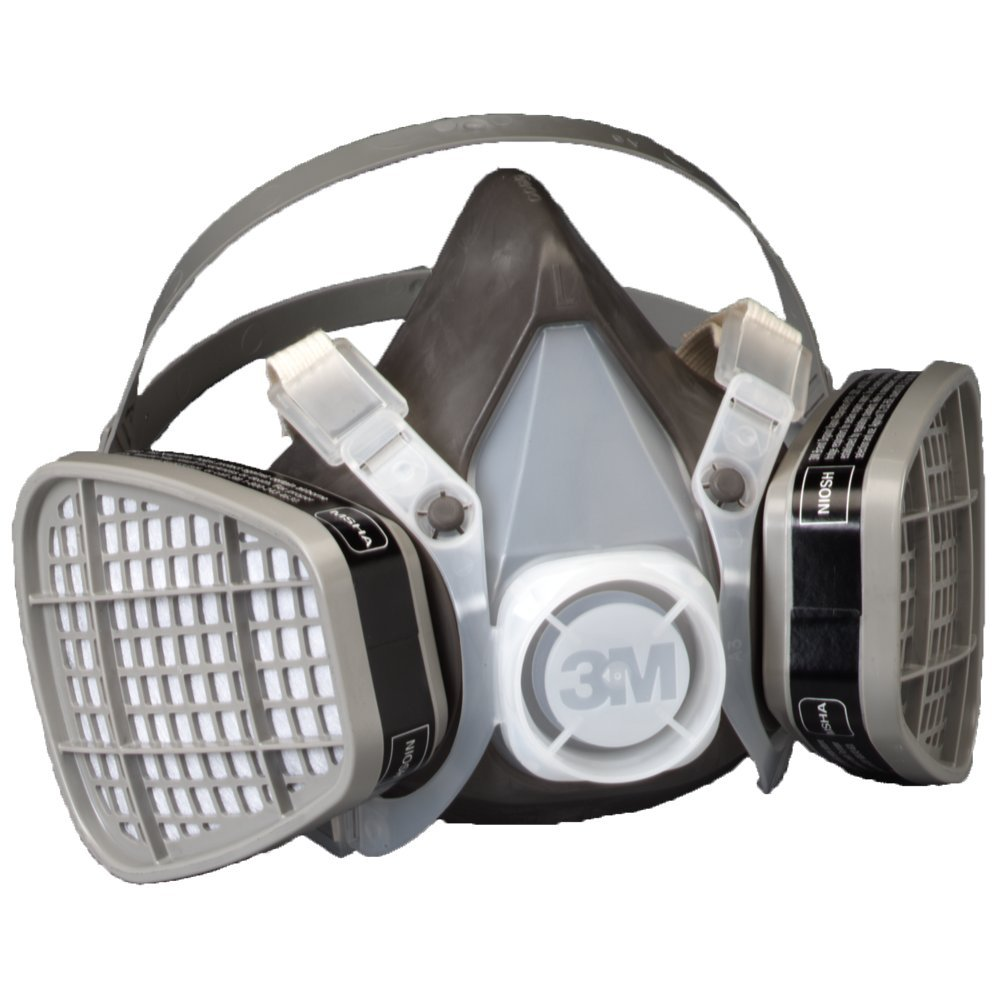 Respirators
Respirators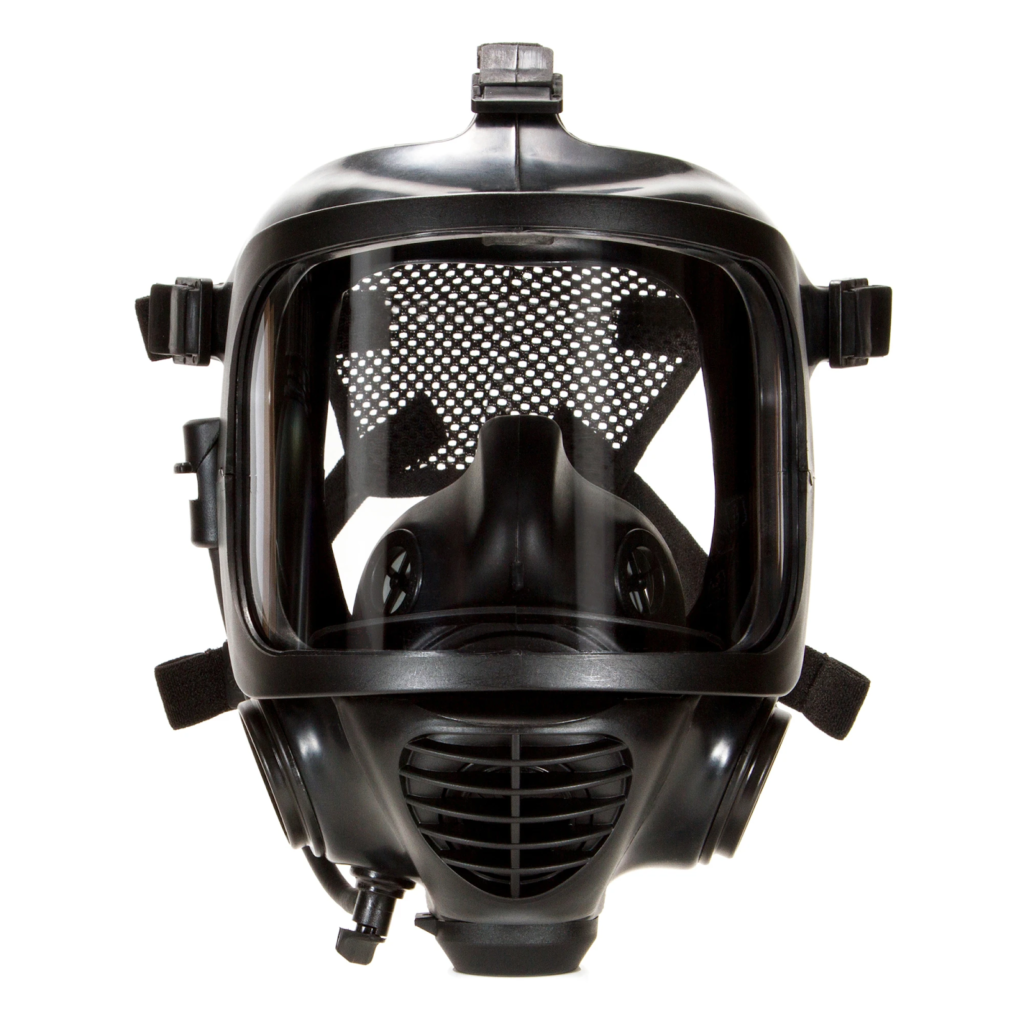 CBRN Masks
CBRN Masks